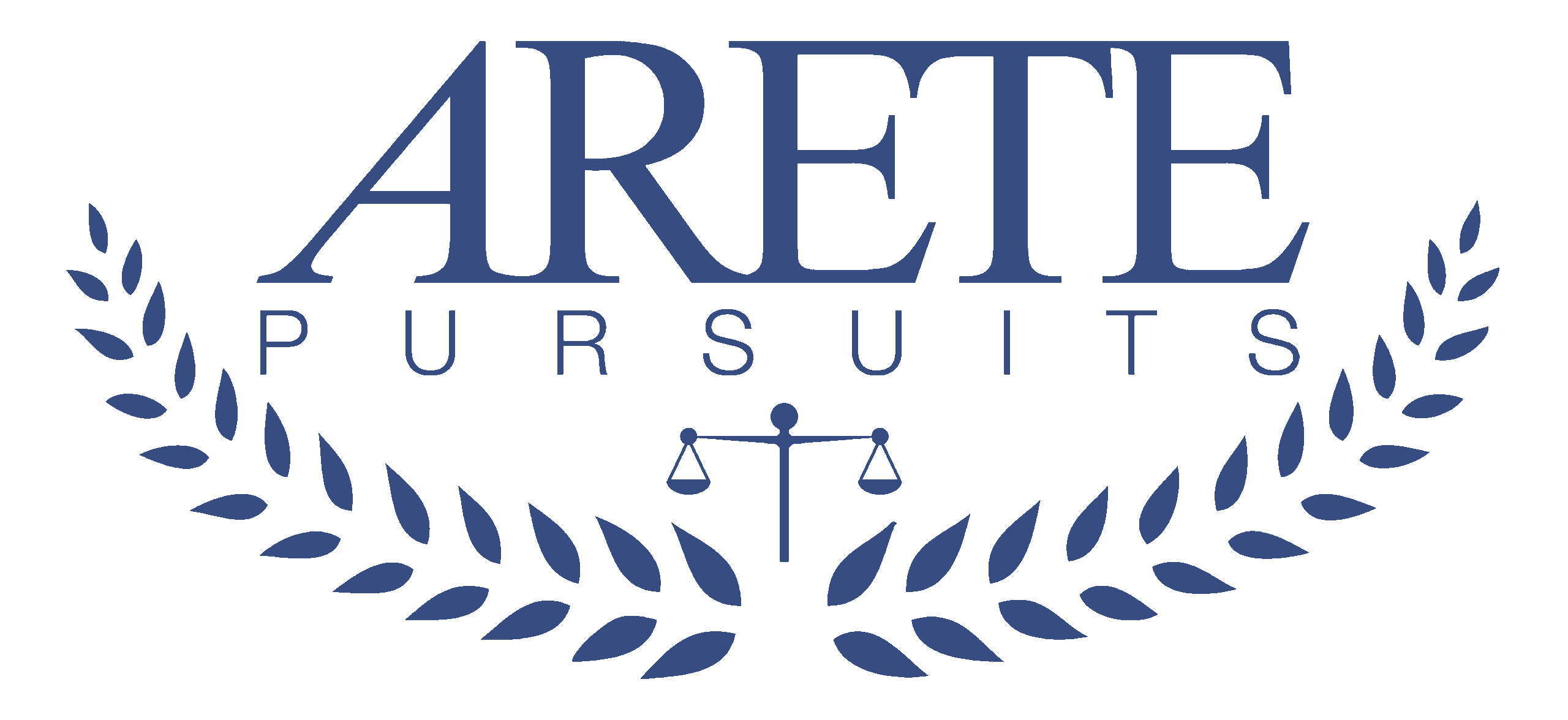Last week we dug into the Enemies of Delegation. If you missed that post, it’s a quick read, and I encourage you to go back and review it before continuing here. Today, we will talk through some strategies to overcome these barriers.
I don’t want to overwhelm my employees.
This one particularly challenges empathetic leaders. We want our employees to have a healthy work-life balance. We want them to feel supported. At the same time, our fear of overwhelming our staff often results in us overwhelming ourselves, and our team sees it. Your empathetic staff wants to support you as much as you want to help them.
This has typically been my most significant barrier, and I developed a strategy over the years to help me overcome it. To leverage this strategy, you need to have high trust with your employee (more on that below). They have to be willing to be direct with you when they have reached their breaking point. If you don’t have this level of trust, consider strengthening that before you head down this road.
When I have that trust, in a 1:1 meeting, I give a speech along these lines: “One of the areas where I’m trying to improve is my use of delegation. I have realized that I don’t delegate as much as I should because I’m afraid I’ll overload my employees. As a result, I’m also unintentionally limiting your opportunity for growth. If you’re willing to take on some more responsibilities, I have a request. I need you to promise me that you will tell me when you become overloaded, and I need you to promise me you’ll come to me for support and guidance if I delegate something to you and you’re stuck. If you can agree to those two things, it will be easier for me to delegate to you. Can you agree to that?”
Every time I have had this conversation, my employee has agreed. And each time I’ve used this strategy, I’ve found that the employee can take on more than I thought they could, and I’ve helped accelerate their growth. If you need a way to give yourself permission to delegate, consider this strategy.
It will be faster if I just do it myself.
I’m concerned I’ll be out of a job if I give this work away to someone else.
These two are closely related. It’s so easy to fall into the “just do it” delegation trap. We likely got good at our employees’ jobs, which helped us get promoted. When I became a manager, I spent three years leading, where I was arguably still the best programmer on my team. It was so easy to roll up my sleeves and dive in and solve a complex problem myself rather than delegating it to someone on the team who may take longer or (perish the thought) solve it a different way.
The second trap may not be evident, but it can lurk behind the first one. I wasn’t convinced I was good at managing those first three years, but I knew I was a great programmer. If I managed more and programmed less, maybe I’d discover I wasn’t a good manager. It was easy to cling to something I knew I was great at.
Molly Graham has some excellent advice for us in her– ”Give Away Your Legos” talk. Think of your previous job as if you were building a tower with legos when you were a child. Having a great big pile of legos to work with was delightful. Your instinct was to hoard your legos so you could build the best tower possible. As you get promoted, if you hold on to your legos and keep working on the same tower, you’re not helping your team grow, and you are not allowing yourself to grow. You have to give your legos away to find a new set of legos to build an even more majestic tower.
I had to move to a different team where I was no longer the technical expert and give away all my legos. This new team included an entirely new set of legos and towers to build. Hopefully, I can help you figure that out earlier in your career and shorten the period of uncertainty before you fully embrace your leadership talents.
I don’t trust that they will do the job well.
I don’t think they are ready to take this on yet.
The language may be different, but these are the same challenge when we dig in. It boils down to trust. In The Elements of Trust, I offered some distinctions to help us understand trust.
- Sincerity – Is this person sincere? When they make a promise, does what they say aloud align with the internal conversation in their head? If they are not aligned, we assess the person as insincere and do not trust them.
- Competency – Does this person have the necessary knowledge, skills, and abilities to complete the task?
- Reliability – Does this person have a history of fulfilling their promises? Or do they have a pattern of failing to deliver?
If we don’t think the employee is ready to take this on yet, the issue probably lies in competency. You need to unpack this. What knowledge, skill, or ability are they lacking? Are they genuinely lacking in this area, or are they just not as good as others? Can you mentor or coach them in this area while they complete the work? Learning in the flow of work is often the most effective way to master a new skill. Consider delegating the task with a mentoring/coaching arrangement to support them.
If it isn’t an issue of competency, decide if the challenge is sincerity or reliability. In either case, there is likely a missing conversation. Perhaps your assessment is inaccurate. Maybe it’s accurate, but the employee is unaware. Maybe they don’t realize how their lack of sincerity or reliability impacts their performance. Whatever the underlying reason, feedback and discussion are warranted to help your employee grow and build your trust in them.
I’d love to know your thoughts. What techniques will you embrace to improve your delegation?
Want to comment? Join the conversation on LinkedIn.

